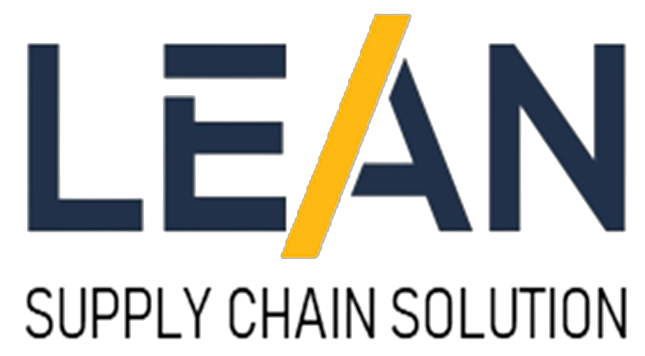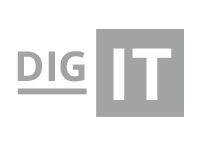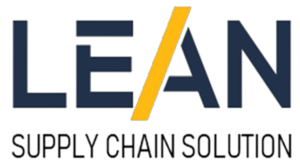Our Team
Our long history of unparalleled commitment to partnering with the most extensive carriers and our
ability to offer the most versatile services
ability to offer the most versatile services

Full Name
“Lorem ipsum dolor sit amet, consectetur adipiscing elit. Ut elit tellus, luctus nec.”

Full Name
“Lorem ipsum dolor sit amet, consectetur adipiscing elit. Ut elit tellus, luctus nec.”

Full Name
“Lorem ipsum dolor sit amet, consectetur adipiscing elit. Ut elit tellus, luctus nec.”

Full Name
“Lorem ipsum dolor sit amet, consectetur adipiscing elit. Ut elit tellus, luctus nec.”
Mastering End to End Supply Chain Solutions with 3PL Warehousing Services in India
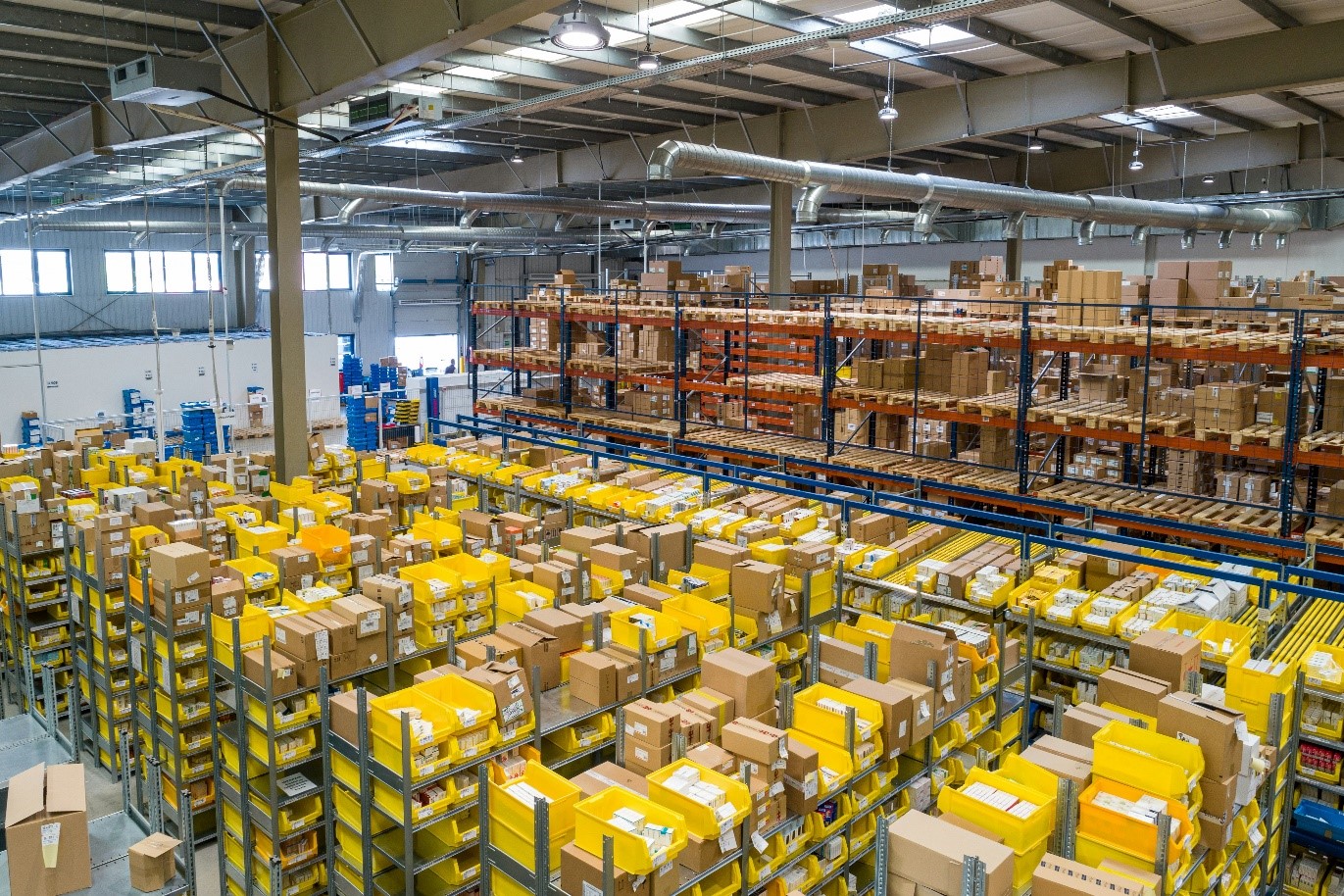
INTRODUCTION
In today’s competitive business landscape, mastering end-to-end supply chain solutions is not just a strategy but a necessity. This section introduces the concept of end-to-end supply chain solutions and emphasizes the critical role played by 3PL warehousing services in India.
Definition of End-to-End Supply Chain Solutions
End-to-end supply chain solutions encompass the entire journey of a product or service, from raw material procurement to delivery to the end customer. It involves seamless coordination of various processes like sourcing, manufacturing, logistics, and distribution.
Importance of 3PL Warehousing Services in India
Third-party logistics (3PL) warehousing services in India are pivotal for businesses due to several reasons:
- Specialized Expertise: 3PL providers bring specialized knowledge and experience in warehousing, inventory management, and logistics.
- Cost Efficiency: Outsourcing warehousing to 3PL providers often results in cost savings due to economies of scale and optimized operations.
- Scalability: 3PL services offer scalability, allowing businesses to expand or contract their warehousing space as per demand fluctuations.
- Focus on Core Competencies: By outsourcing non-core functions like warehousing, businesses can focus more on their core competencies and strategic initiatives.
Understanding End to End Supply Chain Solutions

Key Components
The key components of end-to-end supply chain solutions include:
- Procurement: Sourcing raw materials or finished goods from suppliers.
- Production: Manufacturing or assembling products.
- Inventory Management: Storing and managing inventory levels efficiently.
- Logistics: Transportation and distribution of goods to various locations.
- Distribution: Delivering products to end customers or retail outlets.
Benefits and Challenges
Benefits:
- Efficiency: Streamlined processes lead to improved efficiency and reduced lead times.
- Cost Savings: Optimal inventory management and logistics efficiency result in cost savings.
- Customer Satisfaction: Faster delivery and accurate order fulfillment enhance customer satisfaction.
- Agility: Ability to respond quickly to market changes and customer demands.
Challenges:
- Complexity: Managing multiple stages and stakeholders in the supply chain can be complex.
- Supply Chain Disruptions: External factors like natural disasters, geopolitical issues, or supplier problems can disrupt the supply chain.
- Technology Integration: Integrating various technologies for seamless operations can be challenging.
3PL Warehousing Services in India

Overview of 3PL Services
3PL warehousing services in India encompass a range of services such as:
- Warehousing: Storage of goods in secure and optimized facilities.
- Inventory Management: Tracking and managing inventory levels to prevent stockouts or overstocking.
- Order Fulfillment: Picking, packing, and shipping orders accurately and timely.
- Distribution: Transporting goods to customers or retail outlets efficiently.
Market Trends
The Indian market for 3PL warehousing services is witnessing significant trends, including:
- E-commerce Boom: The rapid growth of e-commerce is driving the demand for efficient warehousing and fulfillment services.
- Technology Adoption: Integration of technologies like RFID, WMS, and automation for enhanced efficiency and visibility.
- Customized Solutions: 3PL providers offering tailored solutions to meet specific industry or customer requirements.
- Last-Mile Delivery: Focus on improving last-mile delivery for faster and reliable customer service.
Integrating 3PL Warehousing with Lean Supply Chain Solutions
Strategies for Integration
Successful integration of 3PL warehousing with supply chain solutions requires:
- Collaborative Partnerships: Building strong partnerships with 3PL providers based on trust, transparency, and shared goals.
- Data Integration: Seamless integration of data across systems for real-time visibility and decision-making.
- Process Alignment: Aligning processes and workflows between internal teams and 3PL providers for smooth operations.
- Continuous Improvement: Implementing continuous improvement practices to identify bottlenecks and optimize processes continually.
Technology Solutions for Efficient Supply Chain Management

Role of Technology
Technology plays a vital role in optimizing supply chain management and 3PL warehousing services:
- IoT and Sensors: Tracking and monitoring inventory levels, temperature-sensitive goods, and equipment.
- AI and Predictive Analytics: Forecasting demand, optimizing routes, and predicting maintenance requirements.
- Blockchain: Ensuring transparency, traceability, and security in supply chain transactions.
- Warehouse Management Systems (WMS): Streamlining warehouse operations, inventory tracking, and order fulfillment.
Implementation Challenges
While technology offers significant benefits, there are challenges to implementation:
- Cost: Investing in technology infrastructure and ongoing maintenance can be expensive.
- Data Security: Ensuring data security and protection from cyber threats.
- Integration Complexity: Integrating disparate systems and legacy technology with new solutions.
- Skill Gap: Training employees and upskilling them to leverage new technologies effectively.
Sustainability in Lean Supply Chain Solutions

Eco-friendly Practices
Sustainability initiatives in supply chain and 3PL warehousing include:
- Green Logistics: Optimizing transportation routes, using eco-friendly packaging, and reducing carbon emissions.
- Renewable Energy: Adopting renewable energy sources like solar or wind power for warehouse operations.
- Waste Reduction: Minimizing waste through recycling, reusing materials, and adopting circular economy principles.
Impact on Businesses
Sustainability practices not only benefit the environment but also yield several business advantages:
- Cost Savings: Energy-efficient operations and waste reduction measures lead to cost savings.
- Brand Reputation: Demonstrating a commitment to sustainability enhances brand reputation and customer loyalty.
- Regulatory Compliance: Adhering to environmental regulations and standards ensures compliance and risk mitigation.
- Competitive Advantage: Embracing sustainability can differentiate businesses and attract environmentally-conscious consumers.
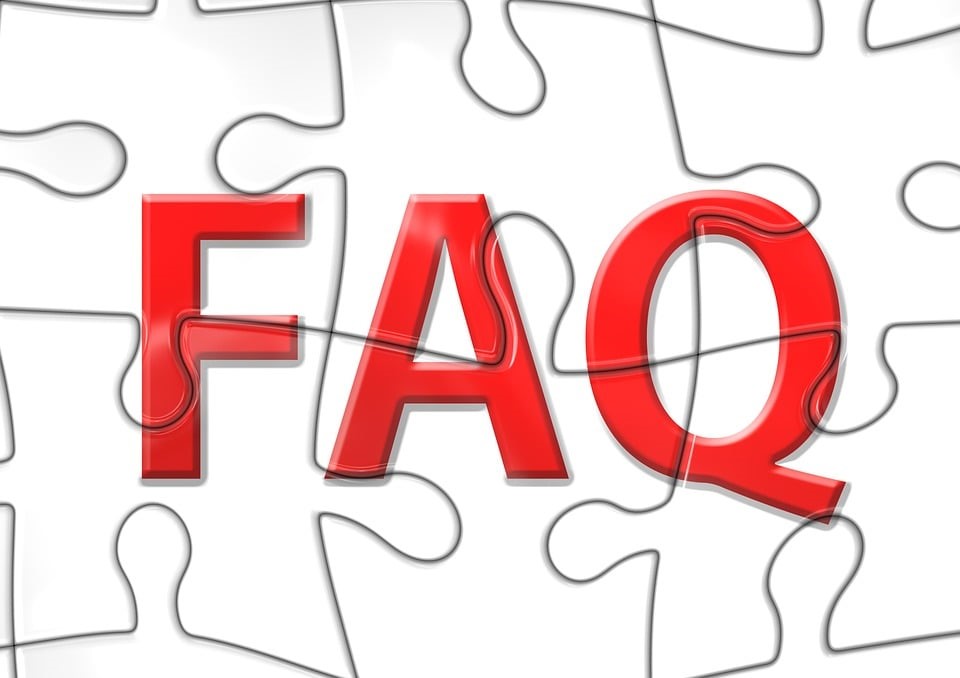
1. What role does 3PL warehousing play in optimizing supply chain costs?
3PL warehousing providers specialize in efficient inventory management, order fulfillment, and distribution, leading to cost savings through reduced storage costs, optimized transportation, and streamlined operations.
2. How do businesses ensure data security when integrating technology into supply chain solutions?
Businesses can ensure data security by implementing robust cybersecurity measures, such as encryption, access controls, regular audits, and employee training on data protection best practices.
3. What are the key considerations for businesses looking to adopt sustainable practices in their supply chain?
Key considerations include evaluating environmental impact assessments, setting sustainability goals, implementing green procurement practices, partnering with eco-friendly suppliers, and monitoring progress through sustainability metrics.
4. How can businesses mitigate supply chain disruptions caused by external factors like natural disasters or geopolitical events?
Businesses can mitigate disruptions by diversifying suppliers, creating contingency plans, investing in supply chain visibility tools, maintaining buffer inventory, and fostering strong relationships with key stakeholders for open communication and collaboration during crises.
5. What are the emerging technologies expected to transform supply chain management in the coming years?
Emerging technologies such as blockchain for supply chain transparency, AI-driven predictive analytics for demand forecasting, robotics and automation for warehouse operations, and IoT sensors for real-time tracking are expected to revolutionize supply chain management, enhancing efficiency, visibility, and agility.
Interested in working with Lean SCS?
We are not only 3PL company we provide end to end supply chain solutions.
North Office
- 630, JMD Megapolis, Sector 48, sohna Road, Gurugram, Haryana 122018
- 8800906084
- info@leanscs.in
West Office
- Arcadia Building NCPA Marg, Nariman Point, Mumbai, Maharashtra 400021
- 9717234777
- info@leanscs.in
OUR Services
Menu
